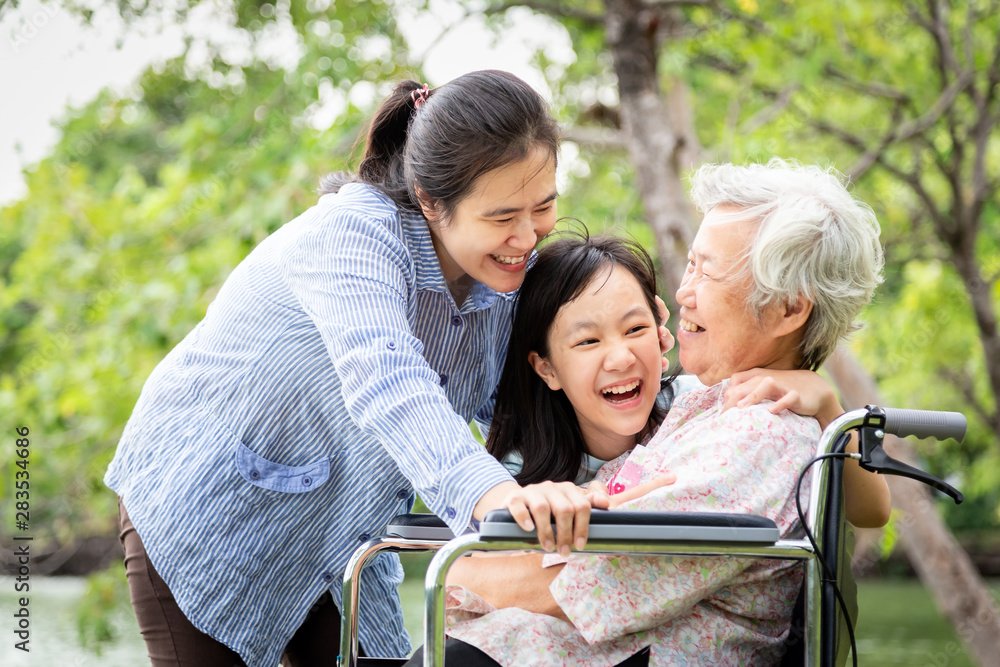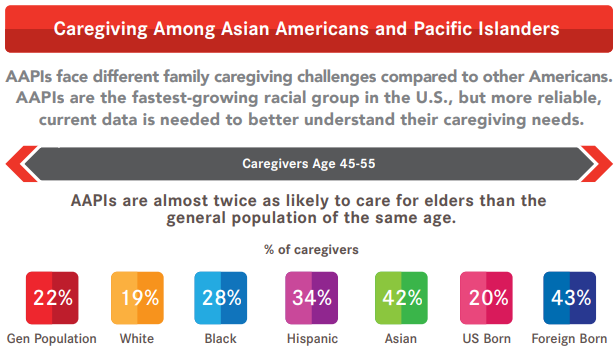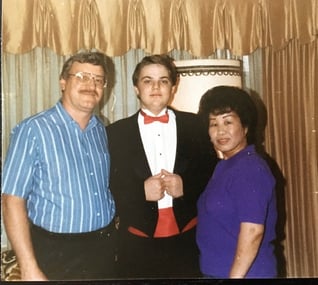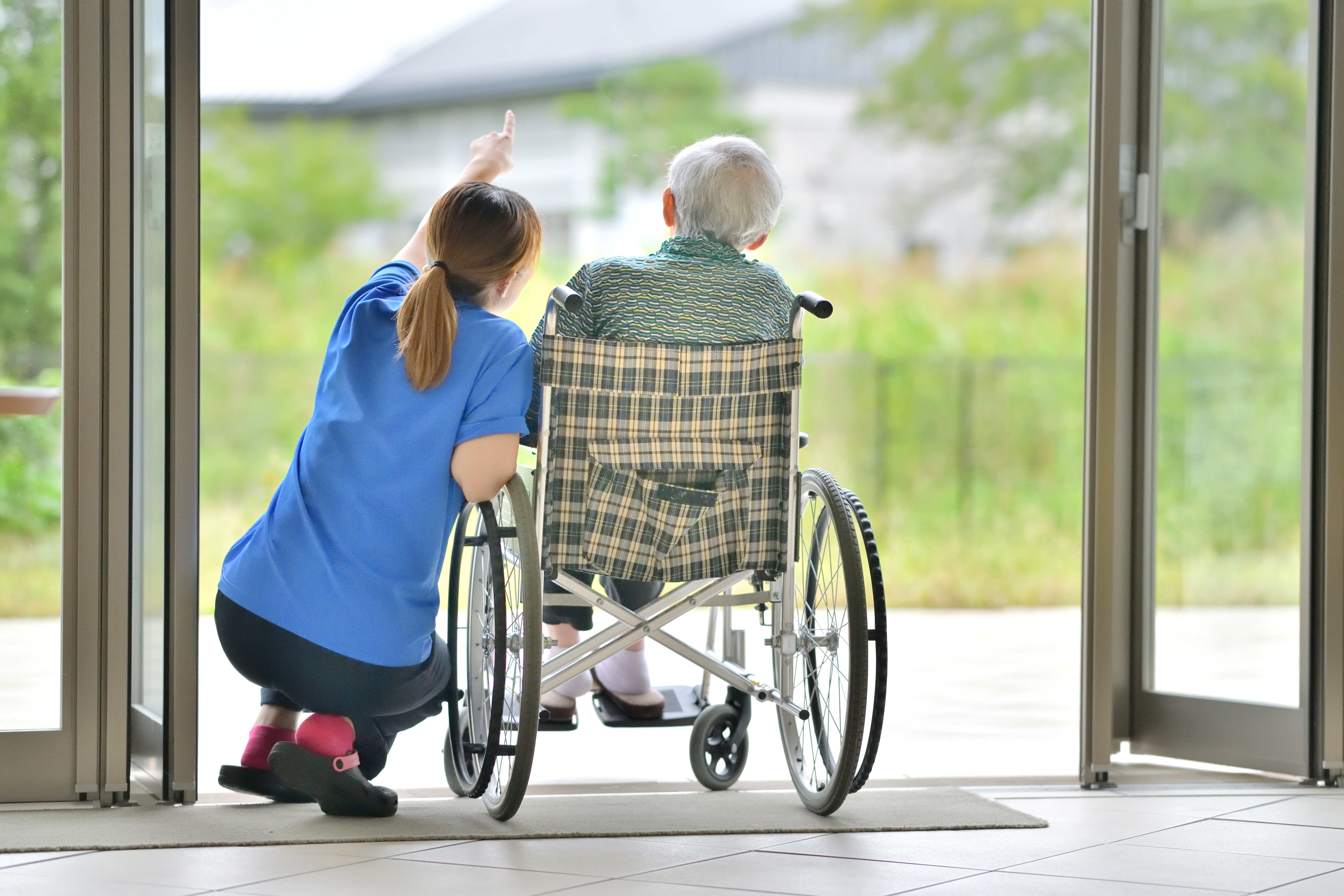Tips for Culturally Sensitive Care


This month is Asian American and Pacific Islander Heritage Month. Age-u-cate is excited to prove an introspective view into caregiving within the Asian community from one of its own.
Andrew’s Story
In my mother’s last years, I was the primary caregiver for my mom so I was with her consistently through doctor’s visits, hospital stays, admissions to Rehab, etc... While our family clearly has multiple heritages (Mom Korean, Dad Italian-American, and me…. Ummmm non-specific white guy?) we were never asked about any of it – not by Doctors or Techs, no one on staff at the Hospitals, and no one at Skilled Rehab or even Hospice.
I understand that it can be difficult to ask questions about race or heritage as we want to remain respectful to those we care for. After all, we are a melting pot nation, and while someone’s parents might both be Asian, they may have no connection to the culture or heritage because they were born in Toledo in 1982 such as in my own personal experience. There are legal issues around race, there are power issues around race, and there are certainly emotional issues to contend with as well, fear, anger, sadness, but also joy and pride.
With so many new stories about the difficulties, the Asian community has experienced in receiving care during the COVID-19 pandemic what are some things that we can do? The care of elders among Asian Americans and Pacific Islanders (AAPIs) carries with it attitudes, beliefs, and practices that can be unique from those of the general population. As stated in an AARP article about long-term care within the AAPI community.
Here are some tips
STEP ONE: DON’T ASK. Yup, that’s right, don’t ask them about their heritage or race. I know that it seems a strange way to celebrate any heritage month, but any situation where you ask directly about race or heritage is going to be a minefield of potential missteps, assumptions, and ultimately uncomfortable for anyone. Best practice states any question about race or heritage needs to be directly related to the ability to do the job.
STEP TWO: CREATE TIME TO CONNECT - In eldercare, we strive toward wellness and a sense of self for our residents, so give them the space (time and attention) to reveal it to you. Utilizing your time during pill pass to have pleasant conversations that allow you to connect with your residents and gain more insight into what cultural aspects are important to them. Those care moments are when you strengthen your connection.
Programs like Age-u-cate’s Compassionate Touch® allow (all) staff the time and freedom to be present and connect but also encourages organic, in-the-moment opportunities for connection. These are the moments when a resident may open up more easily about sensitive or personal topics that are important to them.
STEP THREE – FOCUS ON THE RESIDENTS – When a resident or family member is sharing information with you, these moments of sharing are about the resident. Keeping the focus on the resident will help you gather information about them and avoid the minefields that can come with discussions about cultural aspects within a certain community. Once it does surface, embrace it because it’s part of the person you are charged with caring for – but you are letting them take the lead, letting them set the boundaries they are comfortable with – then use that information to help build trust, build connection, and deliver person-centered care.

My mother would have loved to talk about Korean food, but certainly NOT her childhood in Korea or her family. How would you know that my mother was sensitive about her childhood in Korea? You wouldn’t. But if you assumed or asked her about it directly, she would shut down, and would generally avoid you going forward so she wouldn’t be in that position again. But if you let her talk about Korean food, she would go on and on, and promise to make you something – and for my mom, that is connection.
Yes, it’s difficult, and yes it might be easier for you to avoid the topic completely. But remember that you might miss the opportunity to get to know your resident if you ignore their unique culture. Let’s celebrate our residents in the ways THEY want to be celebrated!
About the Author:

Andrew discovered his passion for aging services in his 20s when he helped his grandmother move into Assisted Living. Very soon after, he began his career in aging services at a CCRC as the Human Resources Director. In the 25 years since he has experienced Long Term Care firsthand from every possible angle. Professionally, he has continued to work in Skilled Care in HR, but also Admissions and Marketing. Personally, he has been a caregiver for both his parents from hospital to Skilled Rehabilitation to Hospice and every step in between. Joining AGE-u-cate is where Andrew can now combine all of his experiences and bring his expertise to igniting change through training the people who can do the best with it – The caregivers.
Andrew and his partner, Michael, are making the move from Illinois to Michigan with their two adopted dogs, Beauregard and Grayson, to enjoy bigger backyards and be closer to family.
Find out more about AGE-u-cate's other programs
![]() Watch our latest webinar
Watch our latest webinar



